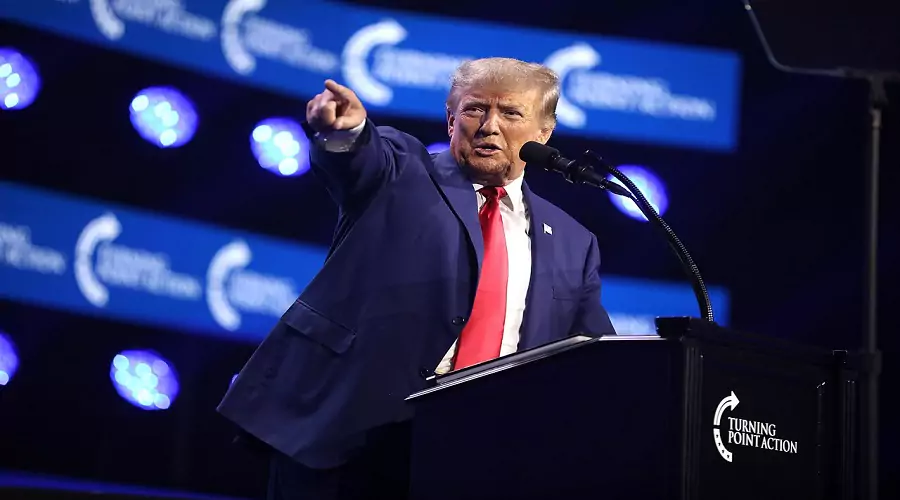
Many people are already unsure of which of Donald J. Trump’s campaign pledges will truly be fulfilled as the country adjusts to the realities of another Trump administration.
Here are some possible changes to tax policy based on Trump’s campaign statements and past performance in power, while it is impossible to predict which of his proposed policies will really be implemented.
Corporate Income Tax Reductions
Trump also pledged during his campaign to drastically lower corporate income taxes for businesses that produce goods in the United States, from 21% to 20% or possibly 15%.
When the Republican tax overhaul, officially known as the Tax Cuts and Jobs Act of 2017, was enacted into law during his first term, he fought to reduce the corporate tax rate from 35% to 21%.
Among the most important changes made to the tax code for individual taxpayers were the expansion of the child tax credit and the doubling of the standard deduction. The majority of the tax cuts are scheduled to expire at the end of 2025, and only a small number are permanent.
Starting next year, both people and corporations may have to pay higher taxes unless Congress chooses to extend them. However, Trump ran on a platform of making the 2017 Republican tax overhaul’s features permanent as well as prolonging them.
The same taxes that apply to ordinary earnings also apply to tips since they are taxable income. Employees who receive tips report them to their employers, who then include them in their Social Security and Medicare taxes as well as their gross income and federal incomes that are withheld.








